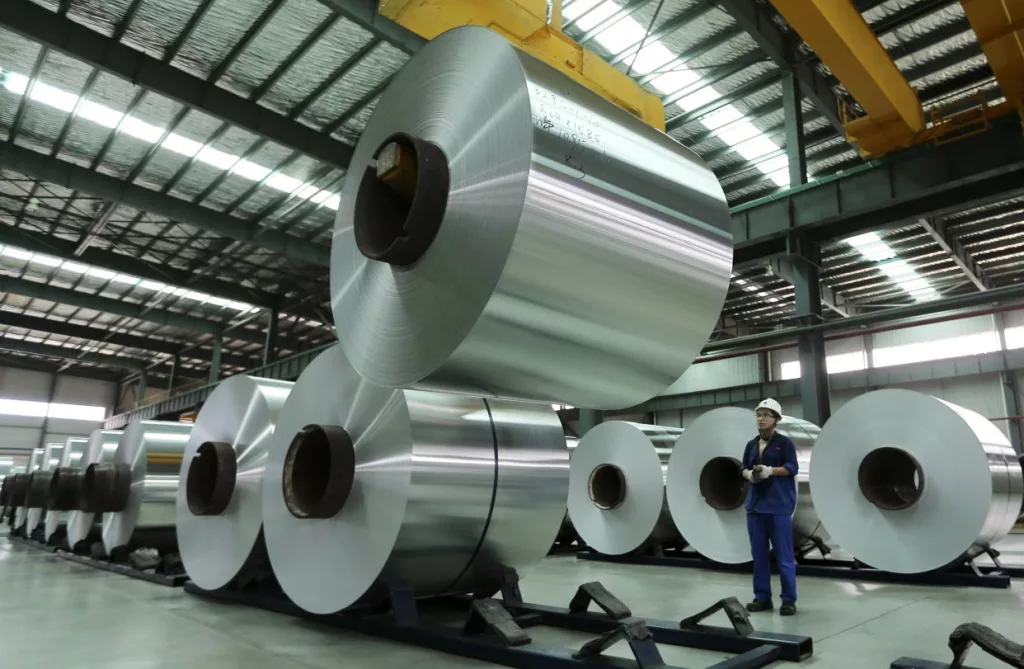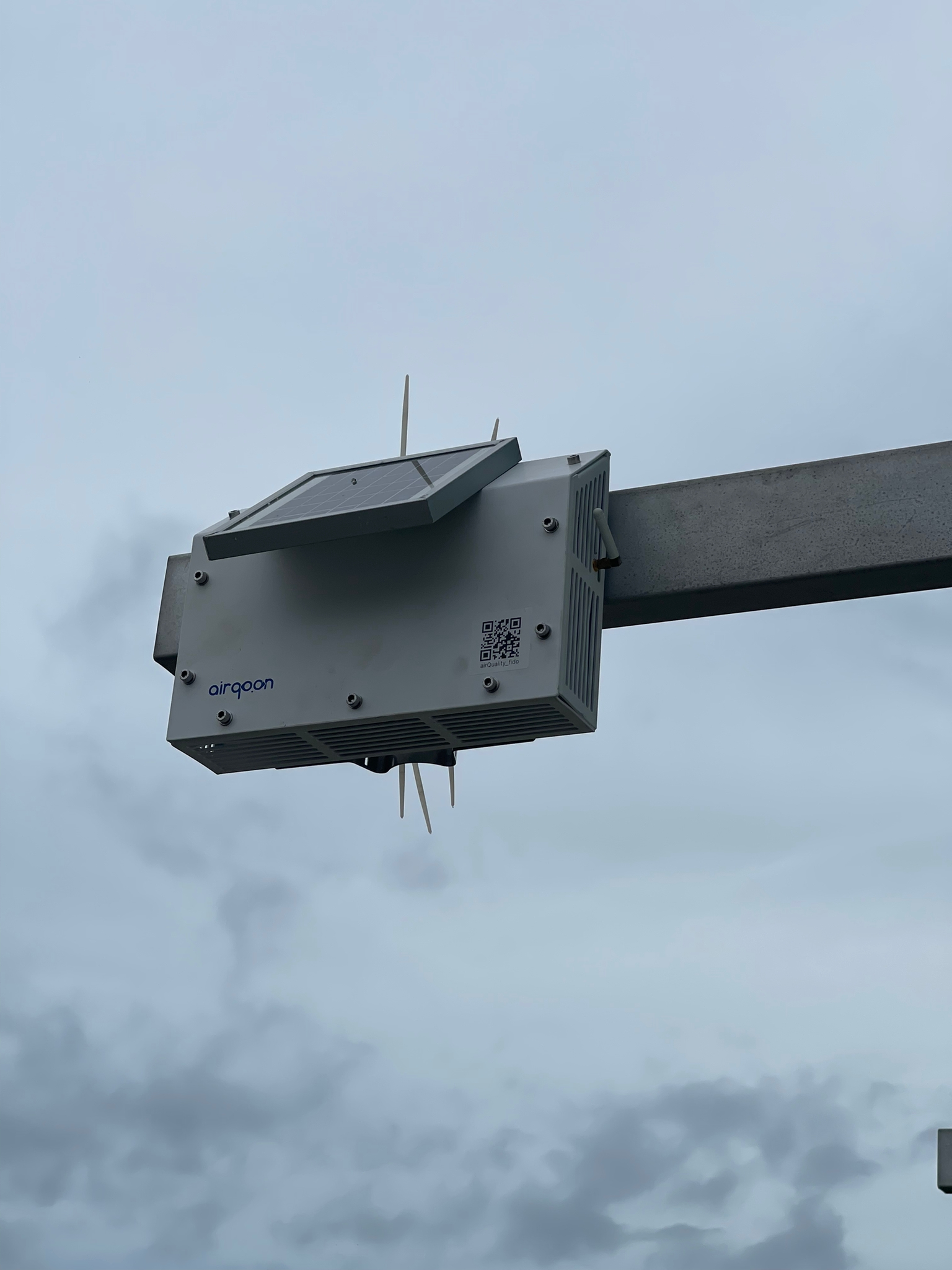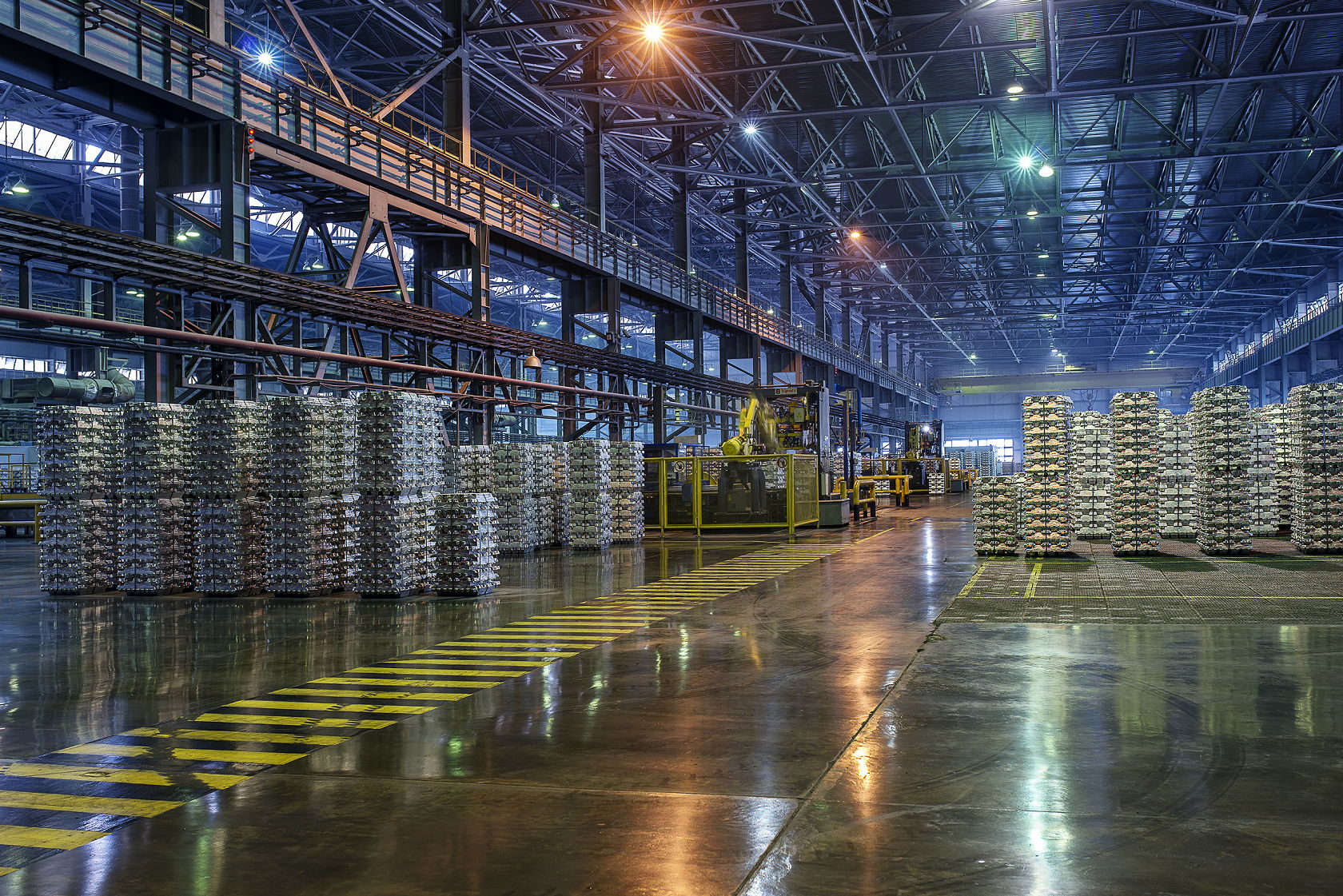
Aluminum production is an energy-intensive process that triggers the climate crisis by emitting emissions throughout its production cycle, negatively impacting human health and the environment. Therefore, it is crucial for the industry to embrace a sustainability-based production approach and regularly review its environmental impacts to align with changing stakeholder expectations and global trends.
International regulations, such as Border Carbon Adjustment, provide significant opportunities for aluminum producers to assess and improve their environmental performance. In this context, monitoring air quality is of vital importance to optimize production processes and ensure compliance with international standards.
Challenges in the aluminum sector related to air quality management
- Halving emissions during aluminum production by 2050 —3% of the world’s greenhouse gases occur in aluminum production. The fact that aluminum production will increase by 2-3 times this year justifies this environmental concern.
- Delivery of production residues to the environment in the aluminum production process —Wastes that pollute the air include particulate matter, fluorite compounds, sulfur dioxide, hydrogen sulfide, and multi-ring aromatics.
- Failure to identify emissions in all production processes—One must assess the life cycle to analyze the environmental impacts of a manufacturing process or a process system.
- Use of coal for energy supply in production. Since aluminum production requires intensive energy use, the effects of production on the environment are directly related to the production method of the necessary energy.
- High cost and processing times of air quality measurement tools —Air quality measurement stations standardized by the EU (and similar organizations) are expensive to purchase and operate. Continuous monitoring is necessary to detect and reduce leaks. Traditional and many alternative methods are not designed to broadcast data to the cloud in real-time. This causes an increase in downtime in the facilities.
- High risk of occupational diseases —The exposure to particulate matter, which consists of dust and smoke produced during the entire production and melting processes, is high.
Solution: Airqoon
Airqoon is a low-cost and easy-to-use air pollution monitoring and management solution that provides real-time, data-driven, actionable environmental intelligence to companies in the aluminum industry.
- Airqoon sensor units are backed with airqoon cloud, and their compact size allows real-time air quality monitoring at every production stage.
- Analyzing real-time and historical measurement data, Airqoon prepares monthly and annual air quality performance reports.
- The cloud-based Airqoon sensor units are energy self-sufficient and are managed remotely with minimum intervention for maintenance.
- With the help of continuous monitoring, environmental and occupational health risks are analyzed using high-resolution spatio-temporal data.










